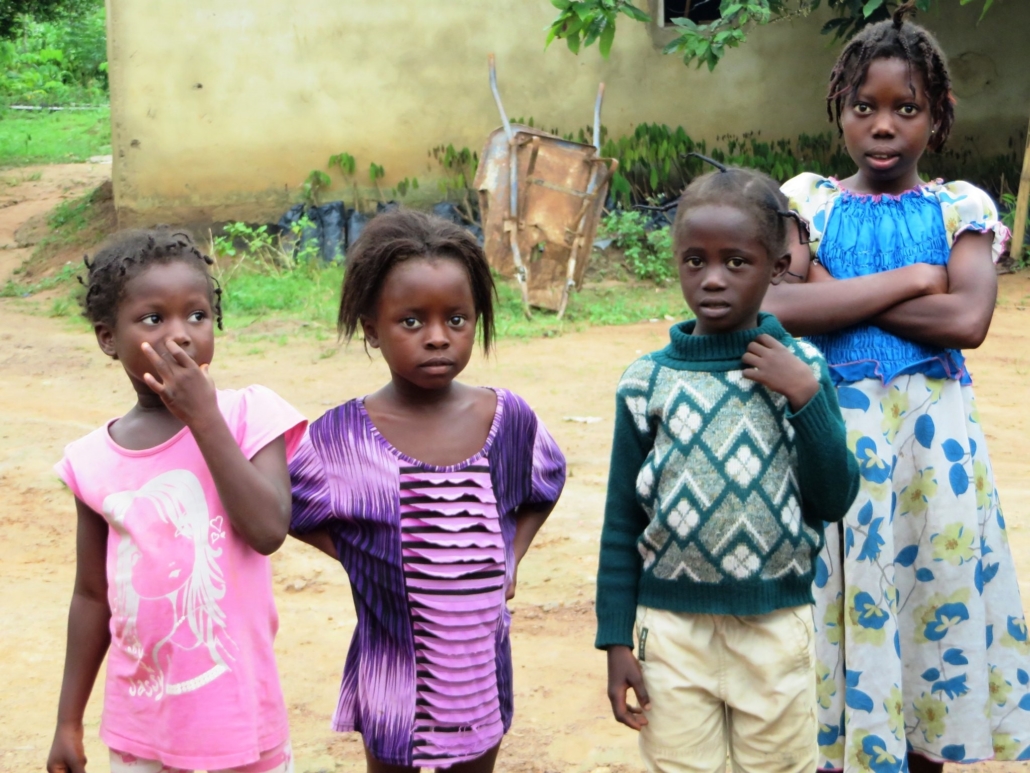How VillageReach is Improving Healthcare

The history behind VillageReach is very similar to The Borgen Project’s history. Blaise Judja-Sato, a native Cameroonian, founded VillageReach in 2000 after returning to Africa to aid in the relief efforts of a devastating flood in Mozambique. While he was in Mozambique, Judja-Sato saw a problem with the healthcare system. Since many citizens live in rural areas, the government could not provide them with the medical supplies they needed, which led to their frustration. Thus, she coined the phrase “starting at the last mile” and established VillageReach. Here is some information about how VillageReach is improving healthcare in low and middle-income countries.
Healthcare That Reaches Everyone
VillageReach’s mission is simple. It aims to reach “the last mile” in LMICs (low and middle-income countries) where people do not always have access to healthcare or any at all. Even with VillageReach, 1 billion people do not have access to healthcare. However, VR is working to improve the already existing health systems in different areas. It focuses on four pillars including healthcare accessibility, information availability, human resource constraints and lack of infrastructure. VillageReach is improving healthcare in these countries so that the people in and out of rural areas thrive.
Big Partners
Additionally, VR has over 30 partners that keep its organization running strong. From the Bill and Melinda Gates Foundation to UNICEF, VR has quite an array of influential partners. The President of the organization is Emily Bancroft. She stated that VR “could not have made an impact the last 20 years without the collaborative power of partnership.” The team is spread out over 13 countries. It has headquarters in Seattle, Washington and offices in Mozambique, Malawi and the Democratic Republic of the Congo (DRC).
Drones
Furthermore, in 2019, VR collaborated with the Ministry of Health, Swoop Aero and Gavi, the Vaccine Alliance, to launch the Drone Project in the Équateur Province of the DRC. The partners decided to pick this place in the DRC because of its many geographical challenges. More than half of the health systems in place are only accessible by river. The goal of the Drone Project is to increase vaccine availability in areas that are hard to reach. The drones, provided by Swoop Aero, can take off with the push of a button and land without guidance. It can also carry around six pounds. After the Drone Project’s first flights were successful, the partners are already thinking bigger, brainstorming on how to send other medical supplies and equipment.
COVID-19 Response
Also, VR is a supporter of the COVID-19 Action Fund for Africa. The initiative works to supply PPEs (personal protective equipment) to community health workers in Africa. PPEs are practically inaccessible in most African countries and the consequences are horrible. Health workers stay home or work without PPEs. With health workers not working, there is no way that Africa will be able to stop the spread of COVID-19. VR plays a crucial part in the initiative’s seven-approach plan, which focuses on the last mile and working with similar in-country organizations to accomplish its goals.
Recognition
As a 20-year-old organization, VR received recognition numerous times for its fantastic work in Sub-Saharan Africa. Recently, the Washington Global Health Alliance honored VR with the Pioneers Outstanding Organization Award. The WGHA awards winners that work hard to improve health equity all over the world. The judges select winners, and in 2020, WGHA board member Erin McCarthy led it. VR received an award for its innovative approach, collaborations with local governments in the places it works and its international emphasis on equity.
Overall, from COVID-19 response to innovating delivering vaccines by drones, VillageReach has covered it all in its 20 years of service to the world. VR is improving healthcare, one small rural village at a time.
– Bailey Sparks
Photo: Flickr
